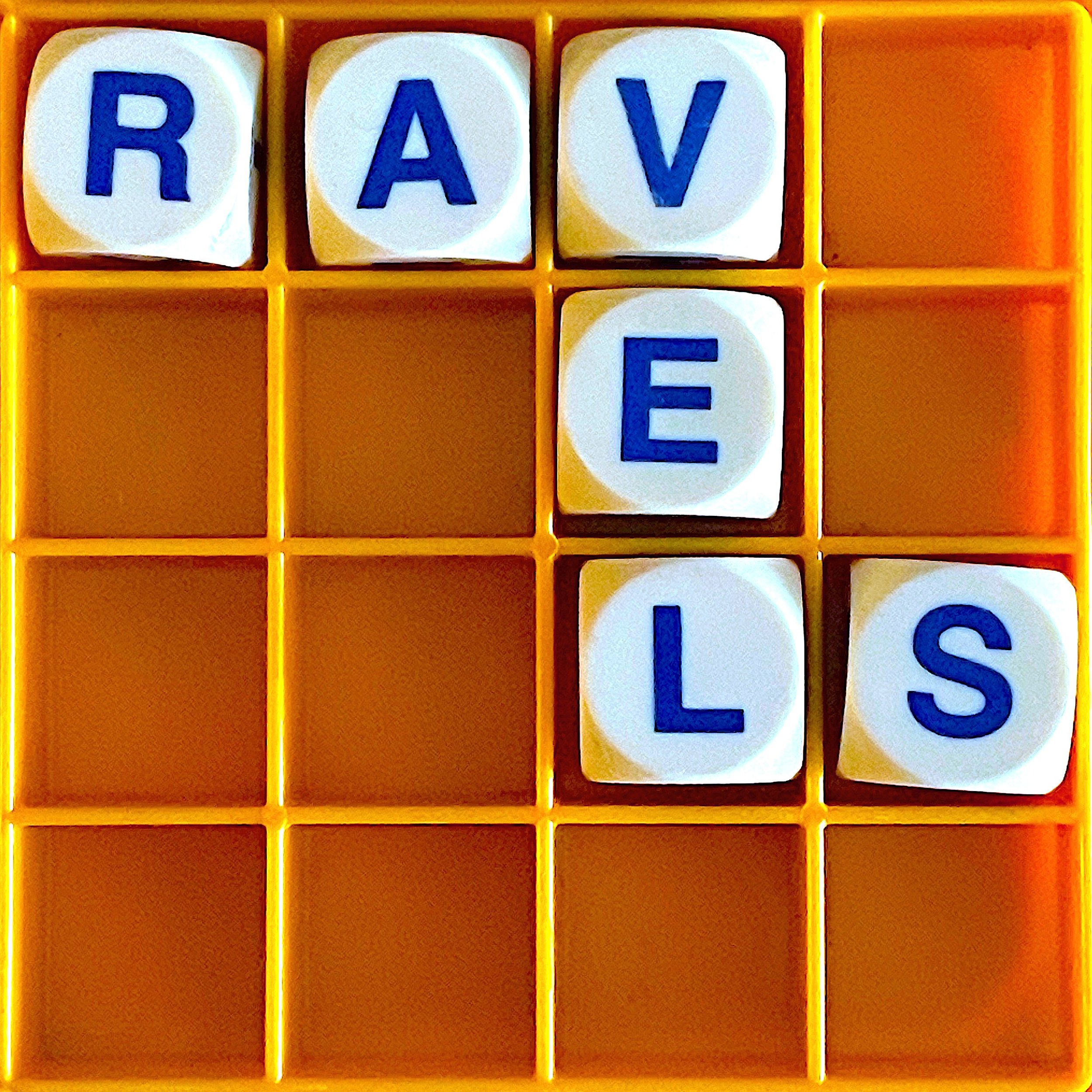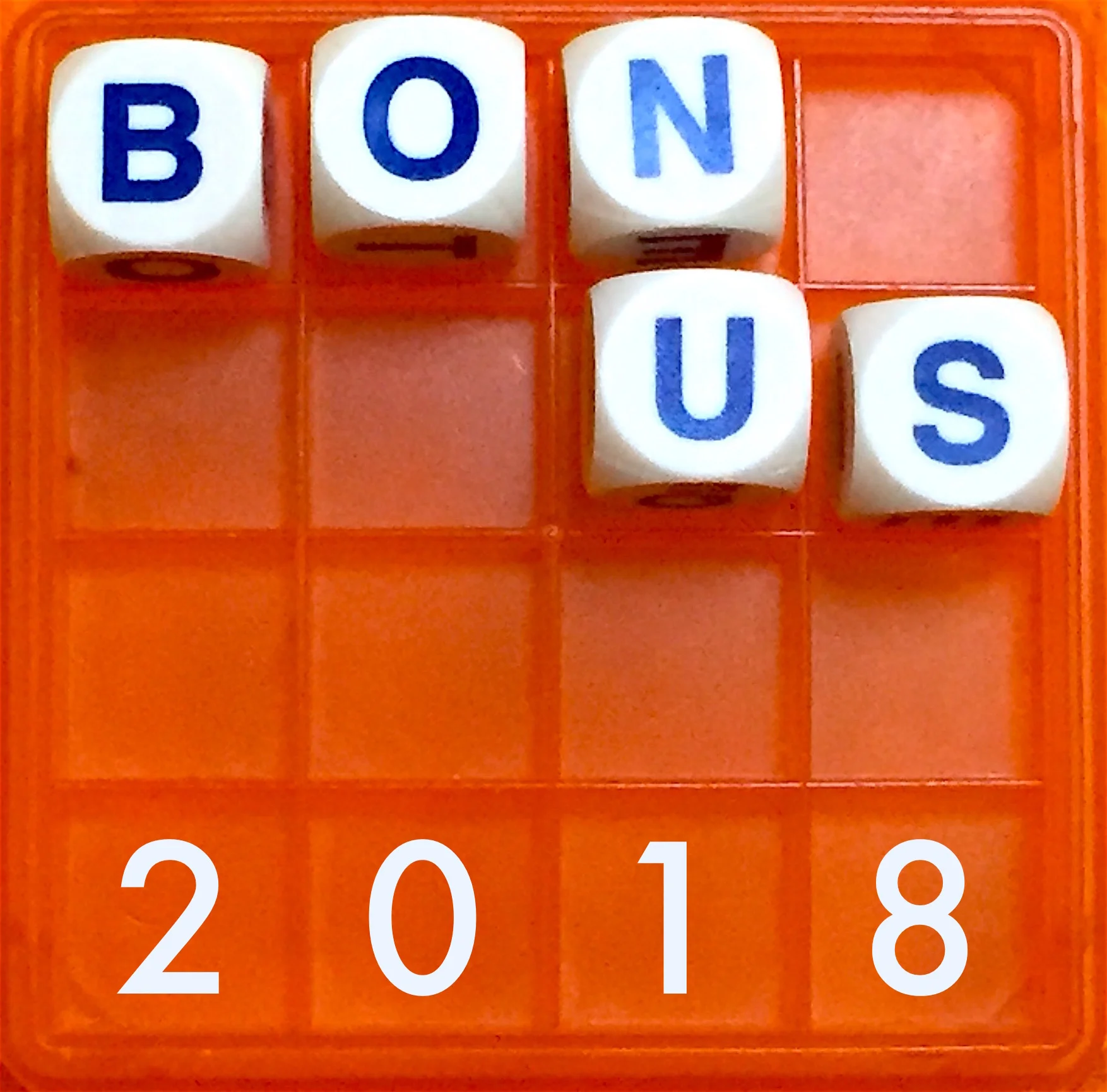SAM HELMICK: Censorship is a hammer looking for a nail, my friends. And someday, you will be that nail too, unless we all decide that we're going to unite against book bans today.
Read moreAllusionist 186 Ravels transcript
MIRIAM FELTON: No; I think, as with most of these things, they're just named after people. The people themselves don't really have much association with it. Like the Earl of Cardigan didn't ever wear a cardigan as far as we know.
HZ: What? What?? I assumed that he was out there on the battlefields in a cardigan.
MIRIAM FELTON: Like a nice fair isle one with all the stranded colour work? That would have been awesome.
HZ: Just some kind of frontally divided knitted garment. But no?
MIRIAM FELTON: No.
HZ: What?!
MIRIAM FELTON: Not as far as we have any evidence.
Allusionist 133 Cake Is Mightier Than The Sword transcript
JUAN PALACIOS: So as a funny, but actually as a political comment, a political statement, they start naming the pastries with these names. Who would they attack? The police; the army; the church: the structures of power that they were trying to take down. Hence the names. It's funny but it was more than that. It's a political statement.
MADI LANG: It really characterizes the people. Because I don't think they thought they were going to start a revolution. They were just being kind of disrespectful in a very open, normal way, like, what if instead of calling it pizza they called it "the fuck you"?
Allusionist 91. Bonus 2018 - transcript
Today’s episode is the annual bonus Allusionist, featuring outtakes from some of this year’s guests saying things that were not necessarily related to the topic of the original episode, or even related to language at all, but I thought, “Hmm! Interesting!” and filed them away until THIS MOMENT.
This is not a typical episode of the Allusionist, so if this is your first time here, welcome! And do try a few different episodes of the show to get a picture. This year there have been episodes about your names, and superhero names; about how swearing can be good for your health, and so can novels; about tattoos, and typing champions; about how the drive to survive sent the Welsh language across an ocean, and the Scots language to hide at home; and many more. Thanks so much for spending time with me over 2018.
Read moreAllusionist 82 A Novel Remedy transcript
When you’re not feeling well, which books do you turn to to make yourself feel better?
I asked this question on the Allusionist Facebook and Twitter, and hundreds of you responded, but a few answers came up again and again:
Terry Pratchett, Douglas Adams, JRR Tolkien.
Makes sense. Science fiction, fantasy: what’s more escapist?
Jane Austen. PG Wodehouse.
Also escapist, thanks to period setting - and, rich people problems not health problems.
Things you read when you were a child: Moomins, What Katy Did, Anne of Green Gables…
Taking you back to a time in your life that perhaps felt safer, or simpler...
...Harry Potter.
Boarding school shenanigans! Wizard problems not real life problems!
And, Agatha Christie.
Poison! Gunshots! Stabbing! Hang on, why would stories about murder make us feel better?
Well, they’re kind of supposed to make you feel better.
Read moreAllusionist 79. Queer - transcript
AMY SUEYOSHI: I see 'queer' as an umbrella term, as a political call for revolution as well as unity across different groups of people.
JONATHAN VAN NESS: I think of it definitely with positive and loving energy around it, I don’t think of it as an insult at all; growing up, I would have thought of it more as an insult. I think it was in 2015 when we got marriage equality, and the media, especially the LGBTQ+ media, began to use it as an umbrella term, something we could all be part of. So I think I got the cue from media to know that it was a gorgeous amazing word, one where we’re taking the love back and it wasn’t one to be offended by any more.
KATIE MINGLE: I haven’t always loved the term for myself, because it feels like an umbrella term that you can use if you’re gay and in a relationship with someone of the same sex, or you can use if you’re a basically straight couple who occasionally has a threesome with someone. That’s what ‘queer’ has come to mean: anyone who’s not inside the norm.
AMY SUEYOSHI: I think it's rejecting things like patriarchy and heteronormativity, mandates of morality. So not just to be able to keep things gray or to be postmodern, post category, but instead rather to call for a true revolution of the way we see the world, the way we categorize the world. So it's not just about LGBT rights per se but it's about creating a world that's more respectful of equity and thinks about diversity as a plus and values different ideas as a side of radical change rather than fear.
KATIE HERZOG: I sort of hate it. It’s too broad.
TOBIN LOW: It's so useful. I mean especially as there is this proliferation of identities that people can call themselves and identify with and really claim, it's a great way of just sort of acknowledging that it's all in the umbrella and that it's all valid; it's just like a way of acknowledging the validity of all the things, which I think is great.
ERIC MARCUS: This word has tortured me.
Read more





